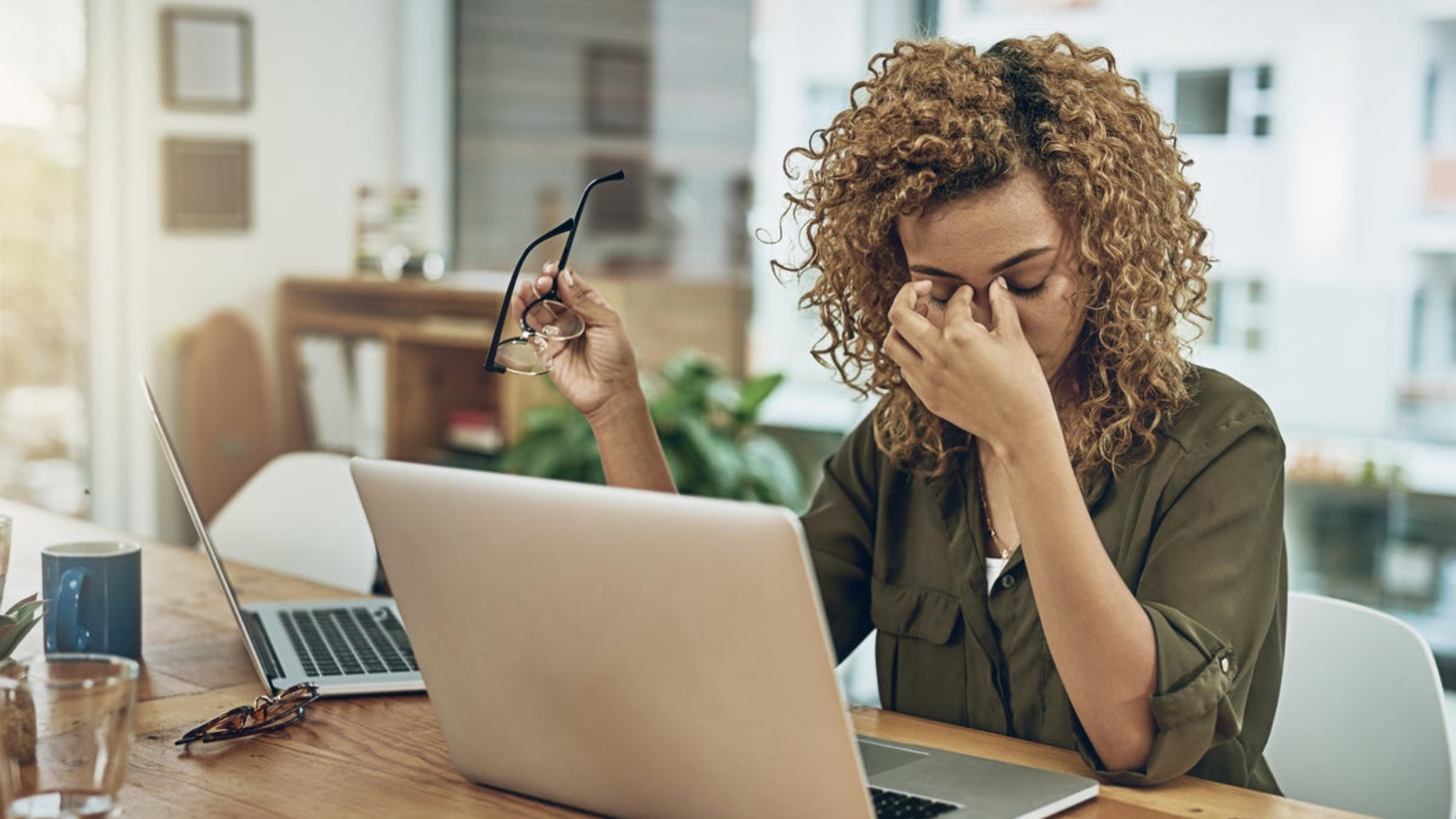Lockdown can affect us all in different ways, as we each have our own unique experiences. For instance, Some people live by themselves and will be facing isolation on their own, whereas others have young children or elderly relatives living with them.
No matter your situation, working remotely for a long period of time has the potential to negatively impact your mental health and we must take all the possible steps to protect it.
While we are beginning to see restrictions being gradually lifted in some countries, the reality is that some form of social distancing will likely be in place for some time. This also means that employees might not be returning to the office for a while and they will be required to work from home for longer. The idea of lockdown continuing for a long period of time is hard, and people are finding it difficult to stay isolated from friends and family. To help maintain good mental health and wellbeing during lockdown, we’re sharing our seven tips.
Don’t be too hard on yourself and share your worries with others
Overall, it’s important to not be too hard on yourself if you’re feeling down. Acknowledge your emotions but remind yourself that the lockdown measures will eventually come to an end. It’s important that you maintain connections and talk to someone, whether that is a friend, family member or colleague – everyone around the world is in the same situation. You are not alone, and it helps to share experiences and worries.
Try to separate home and work life
During lockdown, our living and working spaces have become one and the same. This means that maintaining a good work-life balance can be difficult, especially for those in smaller living spaces or who have young children.
Spend some time by yourself
Everybody needs time to themselves from time to time, especially when we’re cooped up together 24/7. During lockdown it is much harder than usual to find personal space and take five minutes for yourself. While it might seem obvious, try sitting quietly in a separate room and tell the people you live with that you just need a little time and space on your own – as everyone does now and then. Just having a few minutes for you, especially if you are looking after children, may bring a moment of much needed calm and give you the opportunity to recharge your batteries.
Don’t lose contact and make the most of technology
It is easy for the world to contract when we’re not out and about or making plans. This is when technology comes into its own. We are able to use a multitude of video conferencing apps, chat and text to connect with family and friends, whether they are overseas or down the road. The world has been made much smaller thanks to technology. For people living on their own, this is vital. So, make the time to speak and connect with people, and make it a regular occurrence. At first it may feel odd, but it does get easier. In addition, during a time where our schedules have been emptied of leisure activities and social events, it is good to have some virtual interaction to look forward to.
Rest your eyes
We’re all using technology more than ever before and while it is essential for working and keeping in contact with people, it’s equally important to have a rest from it. We are working from laptops and phones where the screens are small, so make sure you look up every now and then to rest your eyes by looking at something in the distance. Try not to look at your phone late at night before sleeping. Stand outside for a moment or open the window and get fresh air.
Get up and exercise when you can
When people are working from home, there is less reason to move about. Making it worse is the fact that most people are not sitting at a desk with a proper office chair – that’s designed to help posture. Dining chairs are made to sit on for an hour or two, not the whole day. Therefore, make sure you get up and stretch your legs and walk about regularly. Try exercises specifically designed for the home, it can change your frame of mind and help relax your muscles.
For any person who feels they are struggling and needs help, please do contact a professional support service or medical professional – they are there to help.
